Menu
Columns
Showing 3546 Columns
Showing 3546 Columns
June 12th, 2020
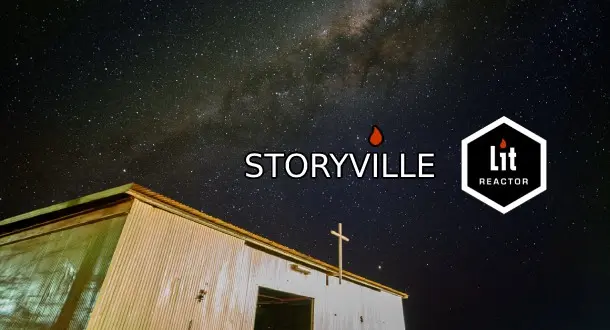
Today we are going to talk about some advanced storytelling techniques. These are for authors that are already functioning at a high level. You get the basics—everything I teach in my Short Story Mechanics class—such as narrative hook, inciting incident, internal and external conflict, rising tension, climax, resolution (and change), as well as denouement (epiphany). You already understand the main components—plot, character, setting, dialogue, etc.
Read Column →June 11th, 2020

We’re nothing if not trendsetters here at LitReactor. And while some outlets bring you the hottest fashions and spendy bullshit, we’re bringing you the hottest literary trends for summer. Get it? Hottest? Because the number of degrees is higher in summer? Because of Earth’s tilt? See, people think it’s about closeness, but it’s all about the tilt. Another trend LitReactor was onto first! We’ve got loads of sizzling, molten trends for you. Ignore them at your peril.
Read Column →June 10th, 2020
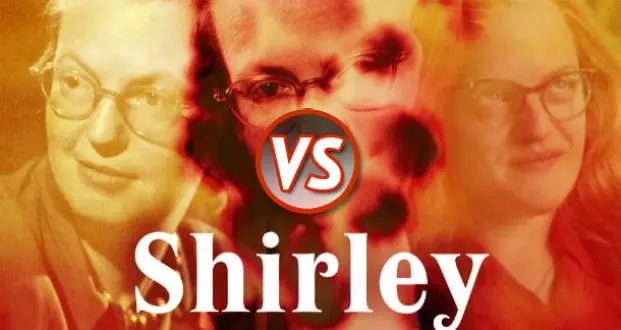
Today marks the release of Shirley, the new film from surreal filmmaker Josephine Decker (Madeleine’s Madeleine, Thou Wast Mild And Lovely, Butter On The Latch), adapted by Sarah Gubbins from the novel of the same name by Susan Scarf Merrell (read Cath Murphy's LitReactor review of Shirley
Read Column →June 8th, 2020
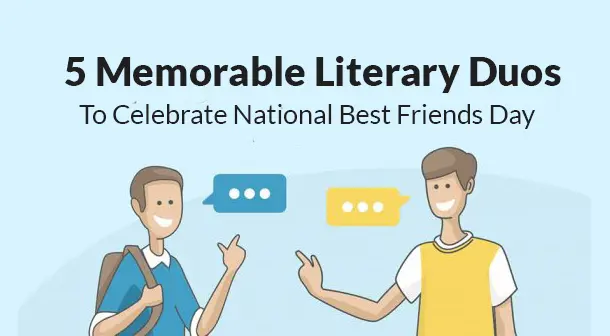
Pride and Prejudice fans have always swooned over Mr. Darcy’s courtship of Elizabeth Bennet. But there are plenty of Austen readers whose favorite relationship in the book was a little less prideful and prejudiced: the unbreakable bond between Lizzy and her sister Jane.
Read Column →June 5th, 2020
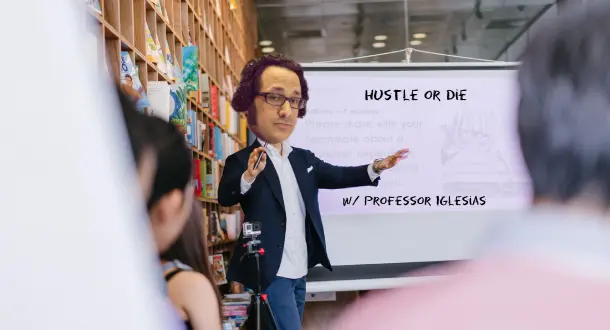
Original image by mentatdgt The last semester of the Gabino Iglesias online MFA is here! If you made it this far, chances are you have what it takes to tackle the last semester and call yourself a writer...and you'll also know that, if you write, you are a writer anyway, regardless of your education or lack thereof. Anyway, let's get to it!
Read Column →June 4th, 2020
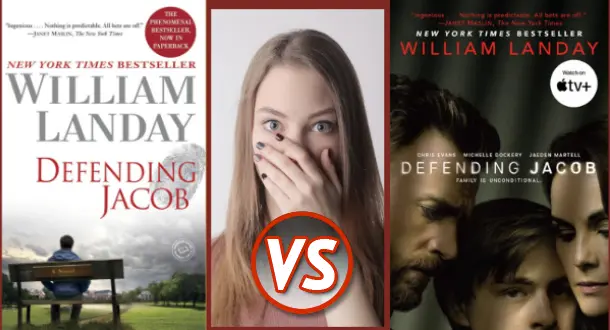
Apple TV+ has recently released a television adaptation of the 2012 novel Defending Jacob by William Landay. The miniseries stars Chris Evans and Michelle Dockery as Andy and Laurie Barber, a couple whose 14-year-old son is accused of murdering a middle school classmate. While the show has received mixed reviews, the different suspense-building techniques used in the series versus the novel reveal how tension and reader investment can vary even if many of the events remain the same.
Read Column →June 4th, 2020
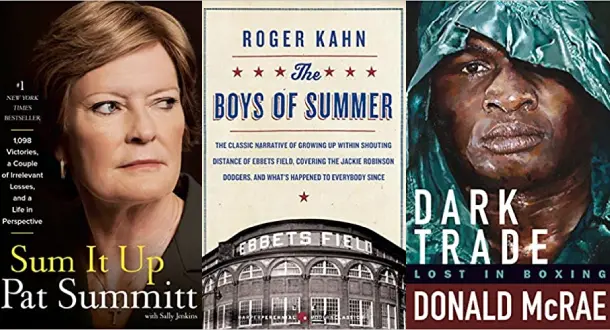
A lack of live sports has been tough on fans, and looking through YouTube for old footage doesn’t satisfy most of us for long. The Last Dance on ESPN helped for a few weeks, but that’s over now, and nothing like it appears to be on the horizon. Fortunately, there’s an abundance of literature about sports to keep us going in the coming weeks and months as we wait to see how and if our beloved contests will return.
Read Column →June 2nd, 2020
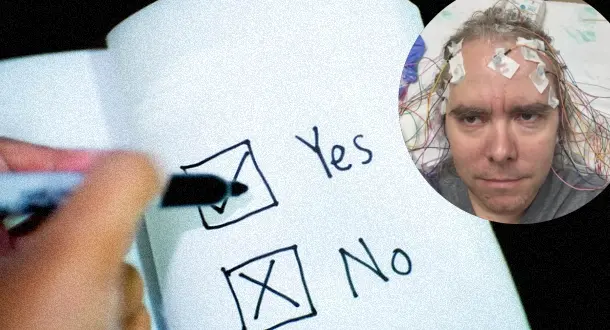
I approached fellow authors, publishers, editors, and other industry folks. I gave them a list of twelve things I have done, I am doing, or that I’m thinking about doing in my writing career. They simply had to state "good idea" or "bad idea" for each one.
Read Column →June 1st, 2020

This year I’ll be involved in my 16th summer reading at the library. There’s your bona fides. The library and summer reading go together like John Carpenter and synthesizers. Wait, that’s too cool. Not that I think summer reading is uncool, but c’mon, there's a limit. The library and summer reading go together like glasses and retainers. There, that feels about right.
Read Column →May 29th, 2020

Original images by Leah Kelley & Markus Spiske Finding a great reading partner(s) can be like finding a needle in a haystack—you’ll likely go through plenty of perfectly fine writers before you find that one reading partner perfectly fit for your work. It can be hard to tell a good fit from a great fit, so here are five tell-tale signs your reading partner is better fit for someone that’s… well, not you.
Read Column →Submitting your manuscript?
Professional editors help your manuscript stand out for the right reasons.
